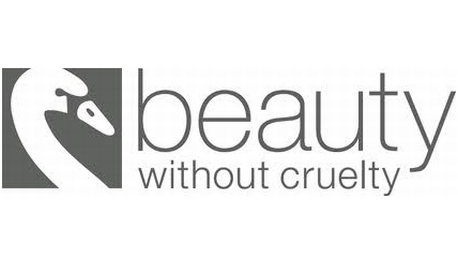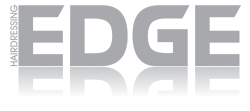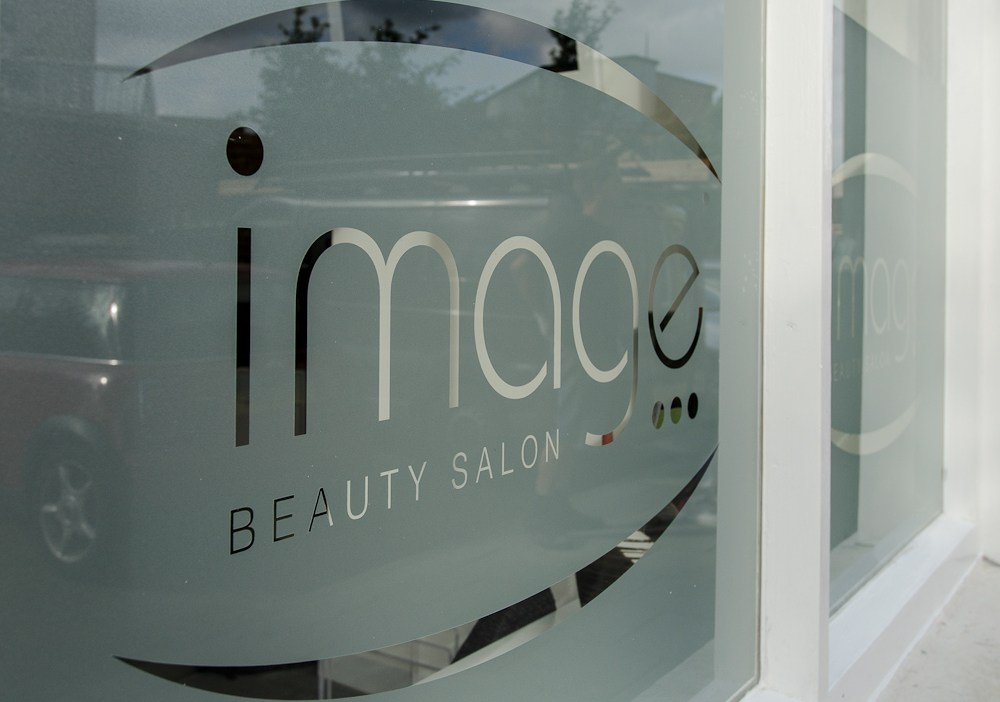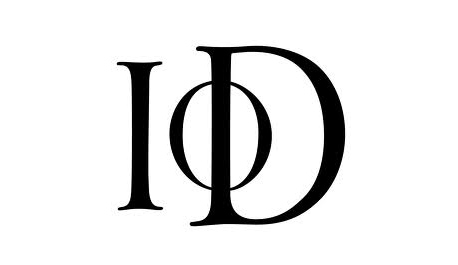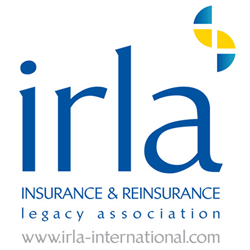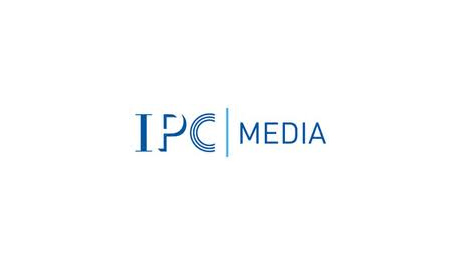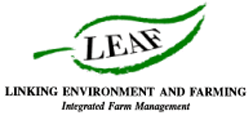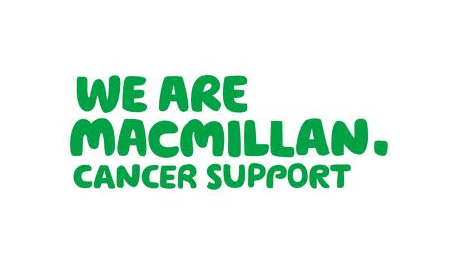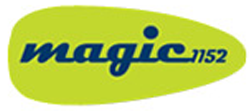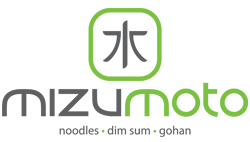Cardboard cut out presenting
In the early 90’s at a TV and radio training studio in Hertfordshire, a forty-something well known television actor and presenter slapped pancake makeup on his face and stood up. “I’ll show you how I do it”, he said. On he switched his full-wattage smile and his facial expression grew more animated. His voice intonation switched gear into “News at Ten Strong Anchor Man”.
Watching him talk to camera, it looked like a completely different person compared with the joyless being that had shuffled down the corridor and ushered us into a grey and draughty conference room at 9 am. The camera stopped rolling and down came the shutters of his personality again.
Naively, I remember feeling shocked that this slick presenter, who I’d so looked forward to meeting and learning from, could be so miserable and disappointing in real life (in a random mental sidestep, I also remember thinking “Why the pancake makeup, at a training session?”).
 His heart wasn’t in educating others. He just wanted to perform to us. Probably it was the grim reality of needing a regular income and a “fresh meat” audience that made him take that job. It must have depressed him to work with earnest young professionals from national charities, who weren’t star struck and only wanted to know how to ensure that the politicians never ducked difficult questions again during live TV debates and radio interviews.
His heart wasn’t in educating others. He just wanted to perform to us. Probably it was the grim reality of needing a regular income and a “fresh meat” audience that made him take that job. It must have depressed him to work with earnest young professionals from national charities, who weren’t star struck and only wanted to know how to ensure that the politicians never ducked difficult questions again during live TV debates and radio interviews.
When he mentioned that he had originally trained as an actor, it became clear that he had been acting the role of elder statesman TV news anchor all along. That’s why he couldn’t sustain the role off camera. It wasn’t the real him and there was nothing authentic about the guy; he was a sad, cardboard cut out of his former TV self.
Keeping it real
Authenticism is sometimes called “keeping it real”. In my-mum speak it’s called “Not being a jumped up little nowt” (in her eyes the worst offences are being rude or dismissive to anyone, or putting on unnecessary airs and graces). When applied to business PR, authenticism is all about having your people present a genuine public image, one that’s consistent with the brand values and goals of your business.
If you are in the business of selling “fun”, then you need to be a person who enjoys having fun. If gravitas and having a steady, unshakeable character are important brand values for your target customers, you need to conduct yourself discreetly and responsibly in public, or at the very least do a passable impression of being a responsible grown up. You need to not post that thing on Facebook with you doing that, y’know, or expressing that opinion.
Similarly, general flakiness (“What am I like?!”) can be seen as a charmingly whimsical quality when delivered with a keen sense of irony via one’s friends. But those same qualities can be misinterpreted as “indecisive weakness” or “completely disorganised” by anyone who’s doing research in advance of a first business meeting with you. The golden rule is never to post anycontent online that you wouldn’t be prepared to say or defend in a business setting.
Am I authentic? Does Affinity PR convey authenticism? I’d say so on both counts. Business clients rely on me, their Account Director, to be down to earth and grounded, able to listen and make sensible decisions quickly, or to act as their media spokesperson with credibility. Clients in the hospitality sector need me to look approachable to others, able to make others welcome, but also to conduct myself with flair and professionalism when acting as their brand ambassador. These are all complementary components of my actual personality. If they weren’t, I’d be acting out each role, like Mr Cardboard Cut Out, and occasionally coming a cropper when the mask slipped.
Authenticism is such an important value in both my personal life and in business that it’s why I named the company Affinity PR. It’s important to me that I feel a close affinity with a client and their brand before I represent them. It’s a statement of ethical intent. It says, if I do choose to represent you, you can be sure I believe you’re the very best at what you do. By also saying I won’t also represent your competitors (plenty of PR firms would), I’m offering you assurances that I’m working for you, rather than for anyone who flashes cash our way.
When you have to present yourself regularly in business, as I do, a few good tips in conveying authenticity can be useful. The best I ever got was from my brother, Mark Oldfield, who, in the early days of his career as an opera singer, had to overcome stage fright for regular auditions. He told me that he imagines himself to be completely invisible, which enables him to stop worrying about what he looks and sounds like, walk centre stage confidently and then start to sing. He always looks so relaxed on stage and clearly enjoys what he does, so I’ve applied this “cloak of invisibility” tip many times in business networks over the years and it works. People soon warm to someone who looks relaxed, conversations flow more easily and business opportunities more quickly emerge.
Occasionally, when I’m trying to be very professional and do my job as I “should”, the authentic “me” pops up, smirking spontaneously at something amusing even though I know I shouldn’t. It happened when I was being interviewed for TV5 Monde at World Travel Market. A business associate I know walked behind the camera just after I’d started speaking, and pulled funny faces at me! See if you can spot that moment in this short film










